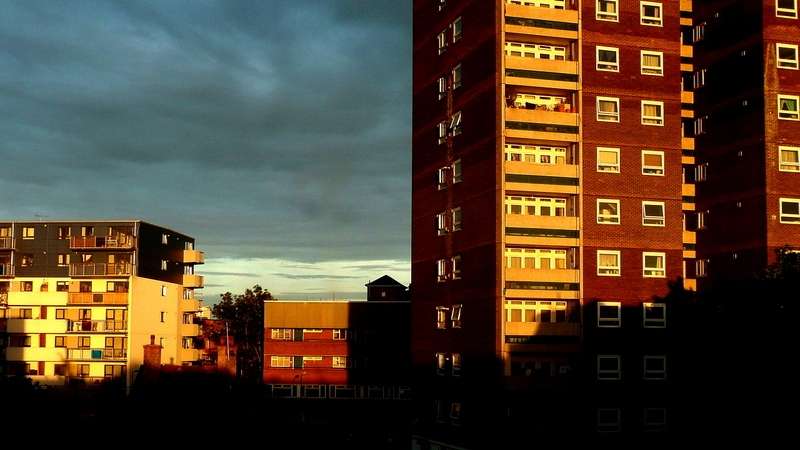News / 23.04.20
A green bailout must put Europe’s energy poor first

This opinion piece was originally published in Euractiv.
Energy poverty is a persistent European scourge, affecting millions, but today, COVID-19 is deepening this crisis. Confinement has led to soaring domestic energy consumption (and bills) as millions of families are forced to stay home in inadequate, unhealthy housing.
Moreover, many energy-poor people are the ‘essential workers’, facing low pay and risk as they have to keep working to keep essential services running. Lower-income households also pay proportionally more for energy.
We are not all in the same boat when a crisis hits: millions of more people are losing their livelihoods and face desperate situations, unable to afford basic necessities such as energy.
This pandemic has shown in the harshest way how environmental degradation and inequality threaten us collectively. It has made the brutal impacts of decades of austerity policies even more apparent, putting our economic system in a weak position to absorb shocks, and it has shown us once again how the most vulnerable are on the frontlines of the crisis.
We know that climate change is opening the door to more of these shocks.
As governments around Europe are putting in place at record speed new protections for the energy poor, and Spain considers a Universal Basic Income, the once unthinkable is becoming possible.
This week, the European Commission is beginning preparatory work on its ‘Renovation Wave’ – a package under the European Green Deal to promote energy-efficient buildings.
If it is bold, properly targeted, and funded, this initiative could help rebuild the lives of its energy-poor citizens, promote a green post-COVID economic recovery, and begin the path towards decent, healthy, zero-carbon housing for all.
The energy-poor must be centred in recovery efforts
There is growing political acknowledgement that recovery policies must address both economic and environmental emergencies. The planet cannot afford short-term bailouts to polluting industries that would permanently lock in climate breakdown.
But it would be a grave mistake if stimulus packages didn’t also take into account inequality, and centre on the poor. Tackling energy poverty must be integral to recovery packages.
Across Europe, movements have been calling for immediate relief for households: guarantees of people’s right to access energy, and the banning of inhumane disconnections. But we must also address root causes, as the poorest live in the worst buildings that waste energy, inflate bills and damage health.
Buildings represent around 40% of the EU’s energy consumption. Massive, systematic renovation programmes, would kickstart the recovery in a sustainable way, by stimulating investment, creating jobs, and reducing energy bills and CO2 emissions.
The European Commission has recognised how central the building sector is to achieving the energy transformation, and has labelled the Renovation Wave a flagship of the Green Deal. There is talk of doubling or even tripling rates of renovation in the EU.
But so far, the Commission has promised very little of substance. In its December communication, it proposed to merely assess old legislation, enforce existing (weak) laws, and create a platform for stakeholders, whilst proposing “guidance” for member states on energy poverty in lieu of legislation.
For their part, member state progress has been slow. There is no figure for additional EU money, no commitment for new laws. The Commission has made it clear they see the Renovation Wave as a pillar of the post COVID recovery programme: raised awareness and political platitudes alone will not cut it.
The EU must take decisive action to cut our overblown energy consumption and cushion the blow of the economic crisis on the poor – by legislating to begin phasing out indecent housing, at speed.
Minimum standards legislation for existing buildings would accelerate renovation efforts dramatically – the energy committee of the EU Parliament calls for this in a timely draft initiative report.
Energy efficiency targets must be increased, and be made binding at EU and member state level. EU relief funds, rather than bail out polluting industries, must be redirected towards renovation efforts, through the EU budget and the Just Transition mechanism.
There was urgency to act before. It has reached new heights now. Now is the time for political courage to redefine the rules to protect the most vulnerable and those most impacted by COVID-19: Europe must bail out the energy poor and the climate – not polluting industries.
Clémence Hutin is a climate justice campaigner at Friends of the Earth Europe and the Right to Energy
More News

News / 26.02.25

